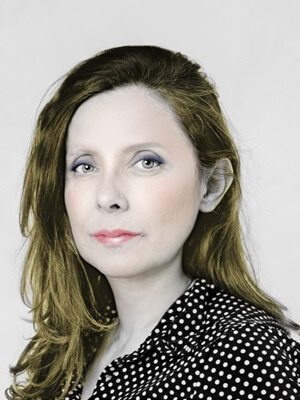Who am I?
Hello, I am a clinical psychologist specializing in supporting adolescents, adults, couples, and families dealing with psychological trauma, cultural issues, or relationship and family difficulties.
I hold the title of clinical psychologist – that is, I hold a Bachelor’s in Psychology, a Maîtrise in Clinical Psychology (equivalent to Master 1), and a Master’s degree in Clinical Psychology.
I have worked in hospitals, including in oncology, palliative care, and gerontology. Through this experience, I realized that in certain situations, practicing an integrative approach— considering the body, psyche, and soul—was more effective than traditional psychology, which focuses solely on the psyche. Later, I discovered Hagio-therapy and began to understand that in certain clinical situations, I was in fact practicing Hagio-therapy, as the tools available in clinical psychology were ineffective. I also observed this with certain patients in private practice for specific issues, such as grief tv counseling, miscarriages, and childhood deprivation, to give a few examples.
Thus, depending on your issue, I will adapt to you, and together we can find the tools that will help you progress effectively during your therapy.
My integrative approach involves two types of integration. The first integration consists of taking into account the dimensions of bodily suffering and the expression of the soul in
understanding the patient’s distress. Indeed, in our increasingly materialistic world, many have forgotten that humans have a spiritual component. Subtle, it often expresses itself in anxieties, for example.
Bodily and spiritual dimensions are not always involved in distress, but my integrative approach ensures they are not forgotten and are incorporated into psychotherapy, because when they do express themselves, they help identify the changes needed to achieve inner peace.
The second integration concerns the psychotherapeutic tools I use. These tools evolve throughout the course of therapy. Therefore, no two sessions are the same, but each one is tailored to you!
All of this may seem complex, but I want to share how my inner self functions as a Hagio- therapy psychotherapist. During therapy with me, this inner process is not visible, and I strive to make our interactions as human and simple as possible. However, inside, my being is fully engaged to help you.
Other questions or doubts? Want to make an appointment?
Do you have other questions or doubts (for example, wondering if I can respond to your request)? Please don’t hesitate to contact the office. You can make an appointment by sending an email to my practice’s secretary in Luxembourg.

